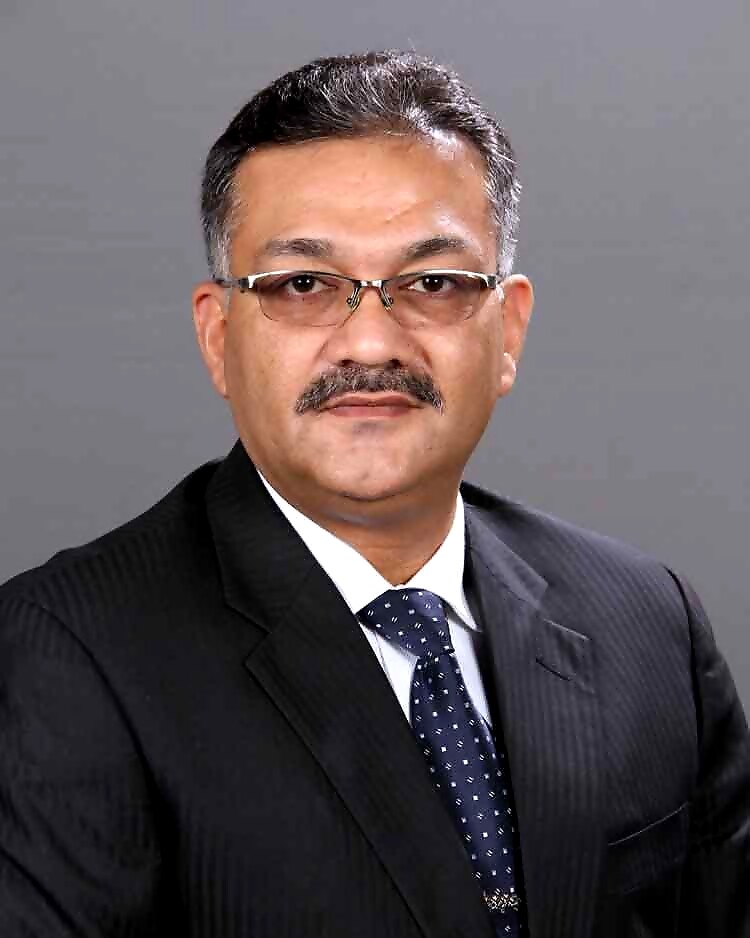
views
Welcome to India's forward looking executive generation that is increasingly thinking about 50 as the new 60! With changing perceptions comes a big cultural shift around retirement.
When people meet their professional goals faster, become CXOs well before 40 and achieve their financial milestones sooner, it's not surprising that they will want to bid adieu to the corporate grind. From a house to cars, everything is coming much earlier for the executive class compared to their parents.
All about planning well
Anyone sharing their first thoughts on retirement would often simplify it as a time to do what you want to do, when you want to do it, where you want to do it, and, how you want to do it.
In the world of today, to be able to live such a relaxed life comes at the cost of planning. It's nice to get out of the rat race, but you have to learn to get along with less cheese if you simply quit without a plan. Read on to find out how an armyman and a finance expert made their second innings as good as the first.
Ritesh Khanna, 46

"When I was growing up, I would love parades. TV sets were rare so going to see parades live was very exciting. When we finally got a TV set a couple of years later, even the B&W broadcast was a treat," recalls Ritesh when asked about his decision to join the army. He didn't bat an eyelid before joining the NDA right after Class 12.
After rigorous training in the National Defence Academy, the first high point in Khanna's career was his stint in Punjab. Fresh out of the Indian Military Academy, it took all of one day to prepare for an AK-47 and tackle insurgents.
Was it a successful operation, we asked. "I wouldn't be here if it wasn't!"
The academy life was very different compared to life in regular colleges. The Army was certainly a thrilling time for 46-year-old Ritesh. The adrenaline rush and the challenging experiences paved the way to glory.
Being a combatant was always his first choice which made him choose to join the Armoured Corps. Besides the counter terrorist operations in Punjab, Ritesh has been part of operations in Siachen Glacier and counter terrorism operations in J&K, among numerous other postings.
He also took active interest in learning more through education support available in the Army. "I decided to pursue a B Tech degree in electronics and telecommunication, followed by an M Tech" he says. Enhancing his knowledge gave him the confidence to manage sophisticated equipment worth crores.
On the personal life front, however, things started changing after he got married. "I had been trained in combat and I acquired leadership and managerial skills on the job. But it took time to get used to managing life for two and more," he said.
With a full-fledged household and lax planning, penny counting became a usual affair between summer vacations, postings and school transfers for his kids. One extra expense would cause mayhem. It was then Ritesh realised that something was wrong with the way he spent. Was there a pattern?
For a period of six months, he jotted down each expense incurred by anyone in the family. Not to discipline, but simply to document. The whole family got together to reign in the budget; all essentials were separated from impulse buys..
"After completing about 18 years of service, I wondered about my options. Should I settle with a post-retirement job after superannuation at 54 yrs of age or plan for a second career?” By 2010, regular savings and smart investments gave him the confidence to put a financial plan in place for his second innings. With more than 10 years of work-life left, the decision to take the plunge was not difficult. His target was to secure his family, and to invest in himself during the next 3 years of the final countdown.
Ritesh spent 2-3 years securing three things for his family for the time he would be transitioning from government to corporate:
1) Education expenses for his kids
2) Rent for a home
3) Enough for daily household expenses
One of the best habits that helped Ritesh early was setting aside the investment amount as soon as the paycheque arrived. "How will you spend money that is out of reach?" he said with a grin. Lots of planning, few course corrections and continuous learning finally prepared him to hang up the Army boots in 2013. But only for a second adventure - a degree from one of India's most sought after business schools.
For people in their 20s and 30s planning something similar, Ritesh has two pieces of advice to help take that plunge.
1) Don't run away from accounting for your own expenses. You would be fooling yourself. Know what goes where.
2) Broaden your investment horizon beyond limited traditional options which our parents availed. Find a way to beat erosion of value due to inflation and taxes. Look at the purchasing power of final returns not just the maturity value of a fixed deposit.
Ravindra Patil, 45

When asked about what exactly prompted him to take hang up his corporate boots, Patil said 'family' without any second thoughts. "What's the point if I am not able to share experiences with my family. Regular office would take up most of my waking hours earlier."
When you come to think of it, the question is not about what age is best for retirement, it is all about what income allows you to retire. Rising income, smaller families, aspirational lifestyles and better health facilities have changed the definition of retirement in India. It is no longer a grim possibility that has often been portrayed as a life of loneliness and dependency. Instead, it is now worth planning for as an exciting second innings. With enough funds saved and generating comfortable returns, maintaining a lifestyle is no longer a choice.
With an MBA from Pune University, Patil joined the financial industry at a time when retail services were a start-up concept. After spending more than 6 years at K Raheja Group, the promoter of Shopper's Stop, Patil built his career around a sound understanding of the real estate market. His next stop was another large financial services brand, which was setting up its home finance division. Here he helped diversify a corporate business into retail - a new market ecosystem for financial services. It was the time when they started to aggressively promote the 'service at doorsteps' brand message. After spending more time with a couple of more brands, his final corporate stint was as VP at Future Group's financial services arm.
"Working in the industry was exciting but work hours were eating into weekends. With lesser time available at hand for personal engagements, I began thinking about a better way to balance life and work," the 45-year-old said. Though the pull of a fixed monthly paycheck was always a hindrance, Patil spent at least 2-3 years planning his retirement from corporate target-chasing.
"I made sure I secured my family on 3 fronts - a home, an education policy for my son and a solid health plan to tackle emergencies. I would often bounce off the idea of retiring early with peers and colleagues to get a better perspectives and diverse advice," he said.
Apart from doing the policy bit, Patil made sure he maintained a healthy 40:60 ratio between his savings and investments. I had to prepare for a lean period of more than 1 year before I started setting up alternative sources of earnings. Armed with robust knowledge of financial services, Patil decided to take up consulting to better use time on hand.
"To avoid morphing retirement into a full time career, I set up financial targets for a certain period. If I made less one quarter, I would work a little more the next time to cover up. But never did I overdo it. Else what's the point? I also made sure I picked clients smartly to avoid getting into the rut."
For all 30-year-olds looking to plan something similar, Patil has 3 pieces of advice.
1) What's the objective of the investment? Tax saving or quick returns or savings discipline. The answer will define what plans you pick.
2) Historical reports of different bands should be factored in while making a choice.
3) Never hesitate in taking opinions of experts and peers. Small conversations can bring out diverse information.
Although there are a plethora of product which can help you in retirement planning, HDFC Life Click 2 Retire will help you in planning your expenses by giving you a monthly income and also an option to withdraw a lumpsum of one third of the maturity amount to invest in your dreams. Read more about it here.




















Comments
0 comment